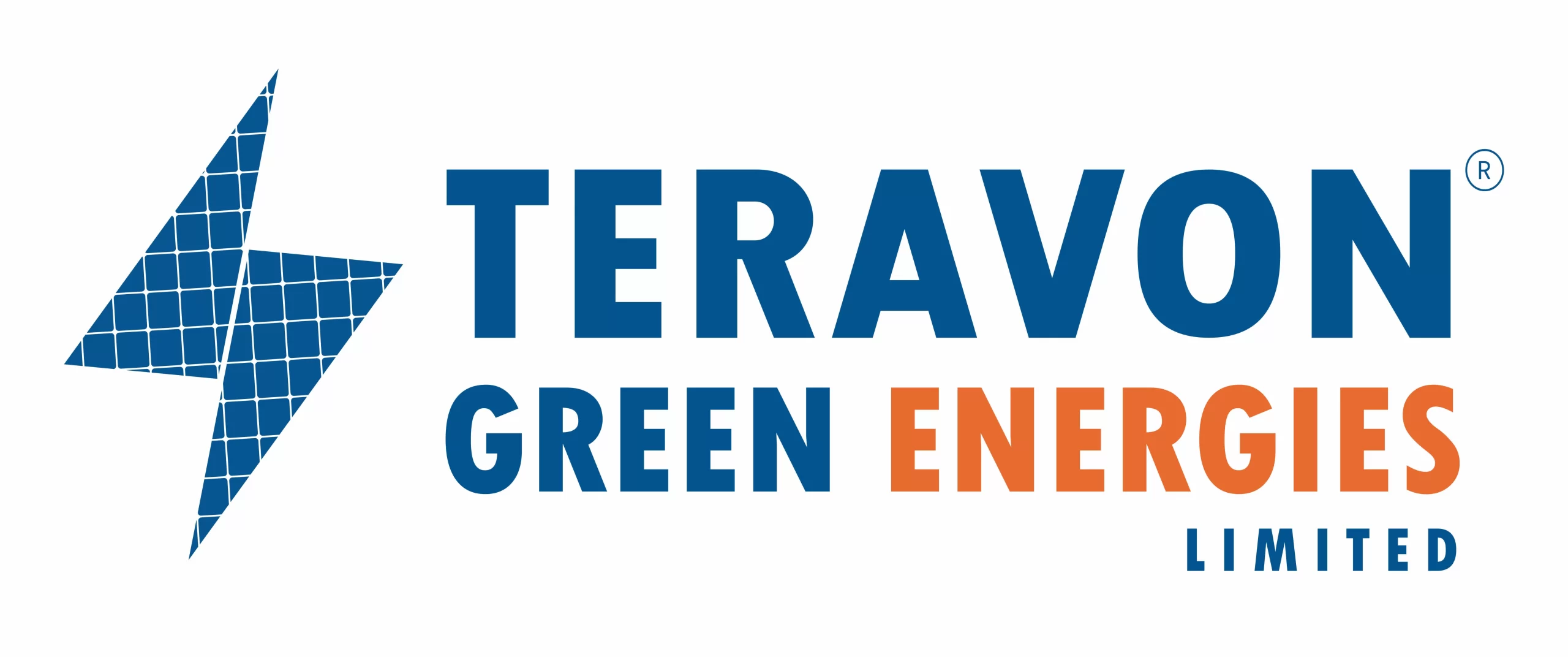Solar panels generate electricity in cloudy or rainy weather, though at reduced efficiency. They don't produce power at night but can store energy in batteries for nighttime use.
FAQ's
How do solar panels generate power during cloudy, rainy and at night?
How much can your business save on electricity bills with solar panels?
Savings vary based on energy consumption and system size but businesses often see a significant reduction in electricity costs, sometimes up to 70% monthly.
How can businesses qualify for tax credits, rebates, or incentives for solar installations?
We assist in navigating and applying for available federal, state, and local incentives, including tax credits and rebates, to help reduce the overall cost of your solar project.
What are the primary uses of solar panels for businesses?
Solar panels provide clean, renewable energy for powering business operations, reducing electricity costs, and contributing to environmental sustainability.
Can solar power support heavy machinery in industrial settings?
Yes, with properly sized systems, solar power can effectively run heavy machinery, providing a sustainable and cost-effective energy solution for industrial operations.
What is the potential for solar power growth in India?
The future of solar power in India is promising, with government support, falling costs, and increasing demand for clean energy driving significant growth in the sector.
Why should my business invest in solar energy?
Going solar lowers energy costs, boosts sustainability credentials, and offers long-term savings and energy independence.
How does solar energy work?
Solar energy converts sunlight into electricity using photovoltaic cells in solar panels, providing a clean and renewable power source.
What are the different kinds of solar panels available?
The main types of solar panels are monocrystalline, polycrystalline, and thin-film, each with varying efficiency and cost characteristics.
How do photovoltaic (PV) solar panels generate electricity?
PV panels convert sunlight into electrical energy through the photovoltaic effect, where sunlight excites electrons in the cells, creating electricity.
How frequently should solar panels be cleaned?
Solar panels should be cleaned XX times a year to maintain optimal efficiency, depending on local environmental conditions.
Do solar panels function during a power outage?
Standard solar systems do not work during a blackout unless paired with a battery storage system, which provides backup power.
Can solar panels generate power when the sun isn't shining?
Solar panels produce less electricity on cloudy days and none at night. However, energy storage systems can provide power during these times.
How do bifacial solar panels work?
Bifacial solar panels capture sunlight on both sides, increasing energy production compared to traditional single-sided panels.
Why is solar energy important?
Solar energy is crucial for reducing carbon impact, lowering energy costs, and creating a secure energy future.
